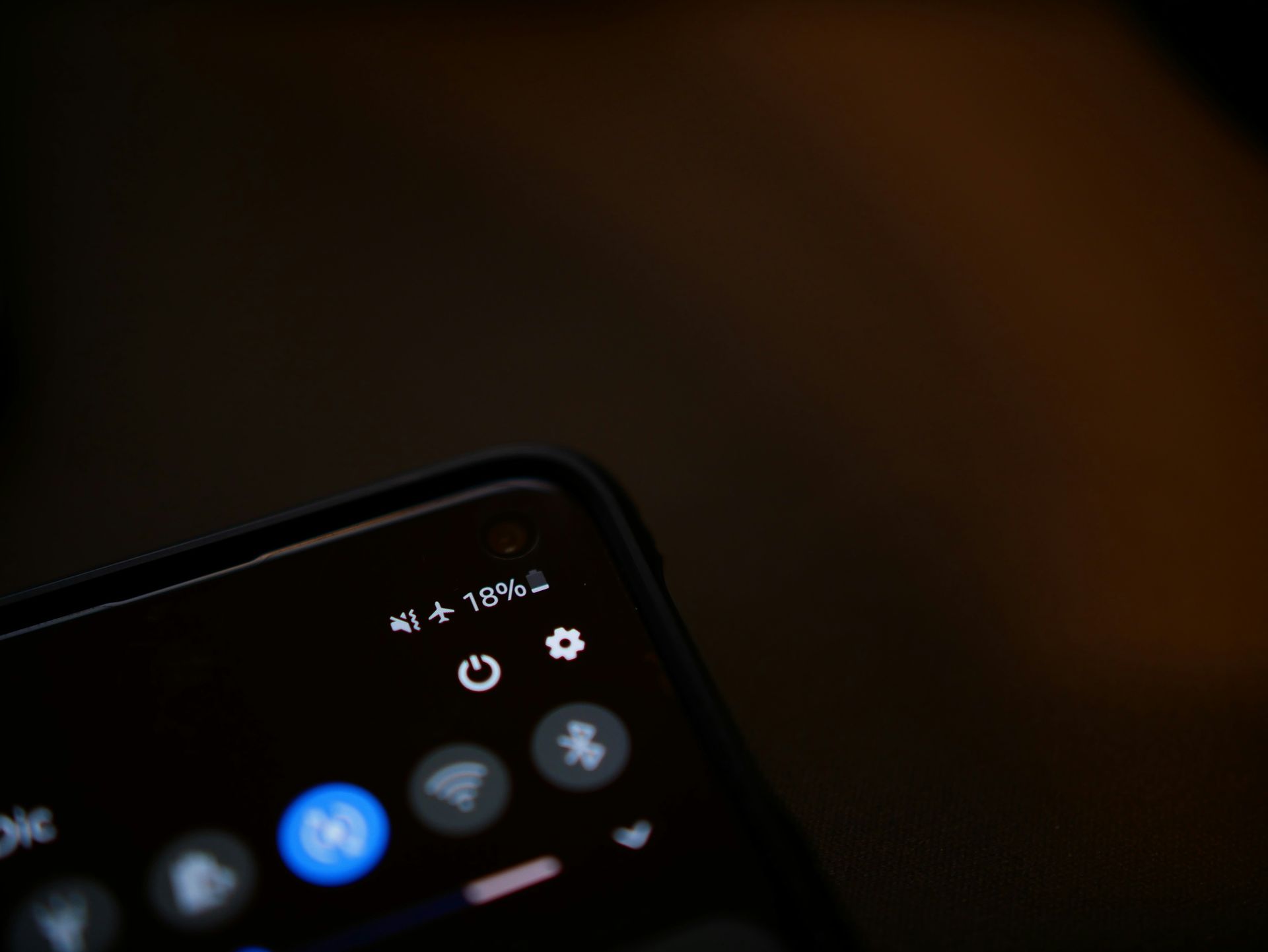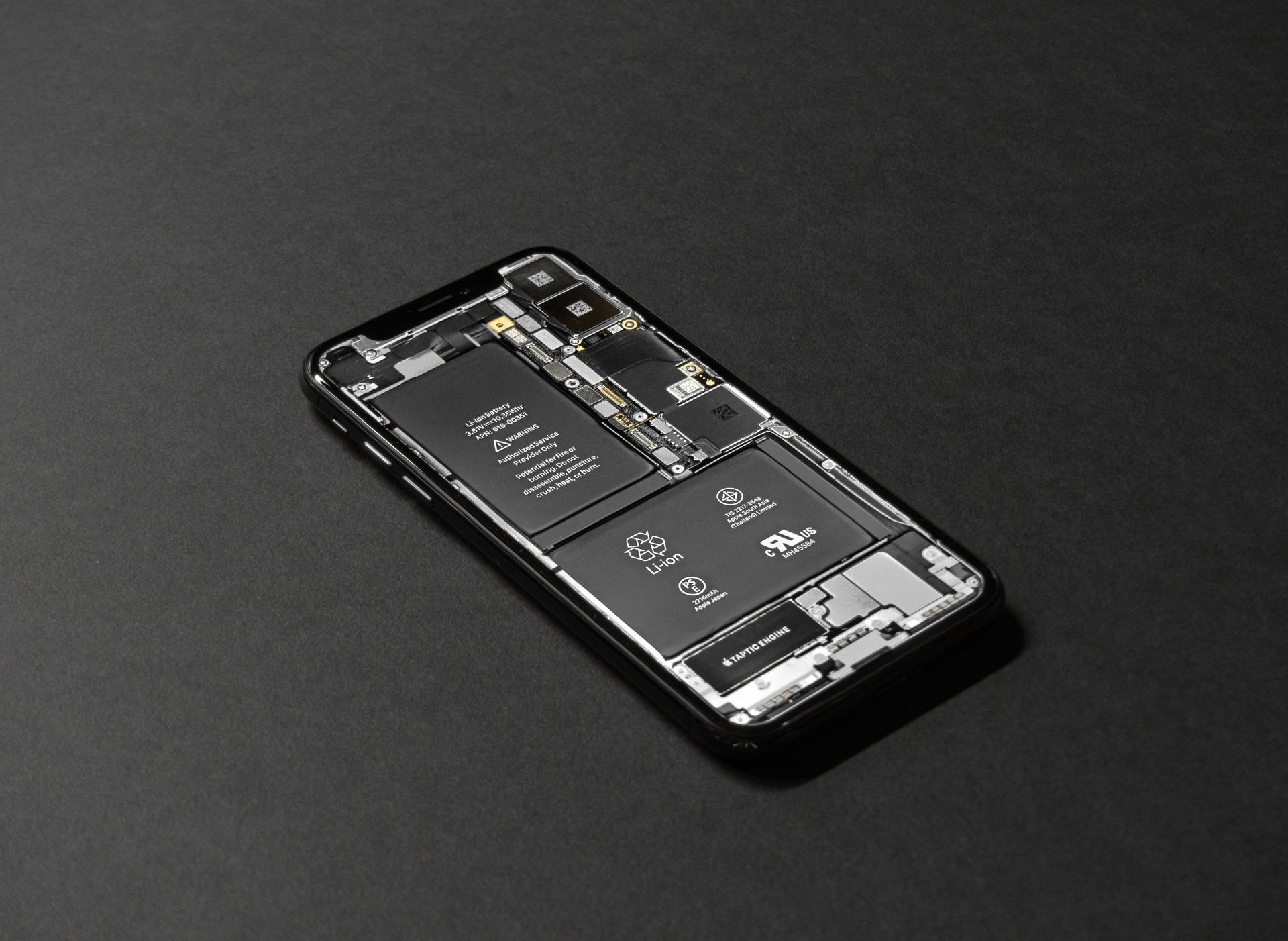Apple Batterygate settlement is a significant chapter in the history of consumer electronics. This controversy began in 2017 when Apple was accused of deliberately slowing down older iPhone models without informing users. This issue arose due to the aging batteries in these devices, which were unable to meet the high processing demands, causing unexpected shutdowns.
Instead of addressing the battery problem transparently, Apple released iOS updates that secretly throttled the performance of older iPhones. This move sparked widespread outrage and led to multiple lawsuits and hefty fines for the tech giant.
A flashback to Apple Batterygate settlement
The Batterygate scandal can be traced back to 2016 when iPhone users started experiencing unexplained shutdowns of their devices. These shutdowns were a direct result of aging batteries that could not cope with the power requirements of the phones. However, instead of alerting customers about the real issue, Apple opted for a covert solution. In January 2017, Apple rolled out iOS updates that reduced the performance of older iPhone models. The goal was to prevent shutdowns by lowering the power demands on the batteries, but this was done without the users’ consent or knowledge.

The backlash was swift and severe. Consumers felt deceived, as they were not informed that a simple battery replacement could have restored their phones to optimal performance. The secret throttling of iPhones led to a series of lawsuits and regulatory fines.
In 2018, Italian regulators fined Apple $11.4 million, and later that year, 34 US states imposed a $113 million penalty on the company. The scandal also resulted in a consumer litigation settlement ranging from $310 to $500 million. Despite this Apple Batterygate settlement, the controversy continued to haunt Apple, leading to further legal challenges in other countries, including a $27 million fine in France and a pending UK claim worth up to £853 million ($1.03 billion).
The legal consequences
One of the significant legal outcomes of the Batterygate scandal is the In re Apple Inc. Stockholder Derivative Litigation. Filed in 2019, this case sought compensation for the impact of the scandal on Apple’s stock. The lawsuit alleged that Apple’s handling of the battery issues and subsequent throttling of device performance without user consent caused financial harm to investors.
As a result, Apple is now preparing to settle this Apple Batterygate settlement for $6 million, pending approval from Judge Yvonne Gonzalez Rogers. This settlement, although relatively small compared to Apple’s revenue, is a step towards resolving the long-standing legal disputes arising from Batterygate.
Another legal case related to Batterygate is Tabak, et al. v. Apple Inc., concerning an alleged audio chip defect in iPhone 7 and 7 Plus models. This lawsuit claims that a defect in the audio chip, caused by soldering issues, resulted in intermittent sound problems. Apple has denied these allegations but has agreed to a $35 million Apple Batterygate settlement to resolve the claim, awaiting approval from Judge Jon Tigar. If approved, affected users could receive compensation ranging from $50 to $349, depending on their circumstances.
Apple’s response and future commitments
In the wake of the Batterygate scandal, Apple has made several commitments to improve transparency and repairability of its products. As part of the settlement, Apple is now required to notify customers clearly and conspicuously whenever it makes changes to iOS Performance Management. This move aims to restore consumer trust by ensuring that users are fully informed about any performance-related updates to their devices.
Additionally, Apple has taken steps to support the Right to Repair movement. Recently, Apple made its software repair tool, Apple Diagnostics for Self Service Repair, available in 32 European countries. This tool allows users to diagnose and repair their devices independently, promoting longer product lifespans.
Apple has also released a paper titled “Longevity By Design,” which outlines further commitments to repairability and third-party product compatibility. For example, the True Tone white balance feature, previously available only for Apple-authorized screens, will soon be compatible with third-party parts.

Apple’s enhanced transparency efforts also include enabling battery health metrics for third-party batteries. While this comes with a notification warning users that Apple cannot verify the information presented, it is a step towards greater openness about the state of device components. These changes reflect Apple’s ongoing efforts to address the criticisms that arose from the Batterygate scandal and to rebuild its reputation among consumers and regulators.
Moving forward
The Apple Batterygate settlement represents a crucial moment in the tech industry, highlighting the importance of transparency and consumer trust. While the financial impact on Apple from the settlements may seem minor compared to its vast revenue, the scandal has prompted significant changes in how the company communicates with its customers and handles product repairs. By committing to clearer notifications and supporting the Right to Repair movement, Apple is taking steps to prevent similar controversies in the future.
As the tech giant navigates this Apple Batterygate settlement and implements new policies, the lessons learned from Batterygate will likely influence its approach to product updates and customer relations. The focus on transparency and repairability marks a shift in Apple’s strategy, one that could have lasting implications for the company and its users.
Featured image credit: Pepi Stojanovski/Unsplash





